A year-end poll of 300 Kansas business leaders finds tax cuts, making the state’s economy more competitive, and workforce development at the top of their wish list in the New Year.
The poll commissioned by the Kansas Chamber of Commerce also saw improving student performance as a higher priority than increased public school spending. The desire for workforce development coincides with record dissatisfaction with the state’s workforce, with 52% of poll respondents saying the workforce is unsatisfactory and 43% satisfactory. This year and last year are the only times in the poll’s history of net dissatisfaction, which coincides with record-low college readiness. In 2016, 32% of Kansas graduates were considered college-ready in English, Reading, Math, and Science; that dropped to 21 % on the 2022 ACT and 19% in 2023.
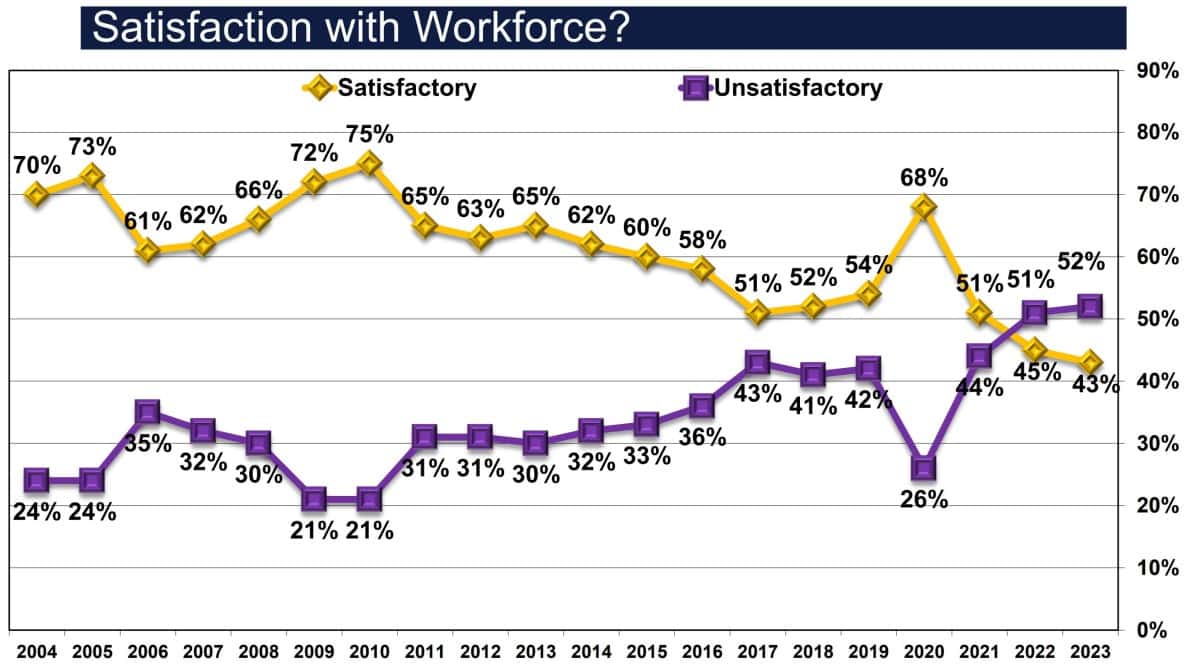
Among the highlights of the yearly survey conducted by Cole, Hargrave, Snodgrass and Associates (CHS) on behalf of the Kansas Chamber:
- 74% believe it would help the Kansas economy to lower taxes, and only 22% disagree. The belief that lower taxes would boost the Kansas economy has been steadily rising as many other states have cut taxes, making Kansas less competitive.
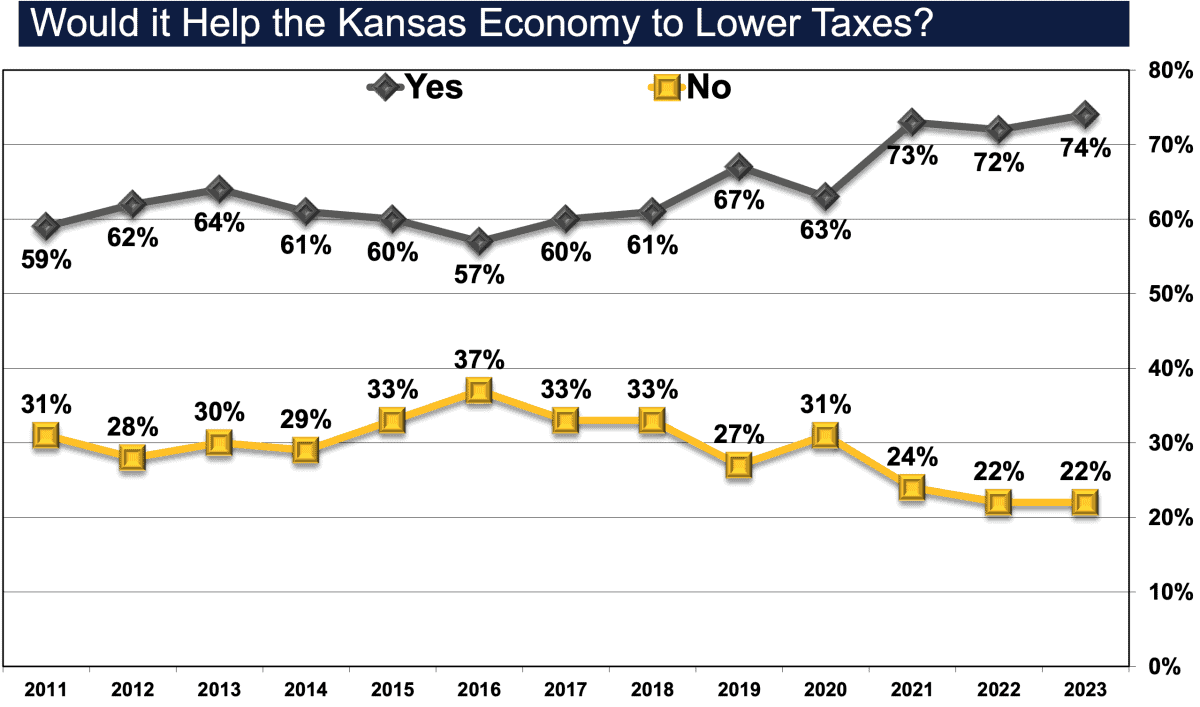
- 65% disagree that Kansas has the best business climate when compared to other states, and 21% agree. That is a significant change from last year when the split was 52%-34%, and comes on the heels of Nebraska and Iowa slashing taxes in 2023.
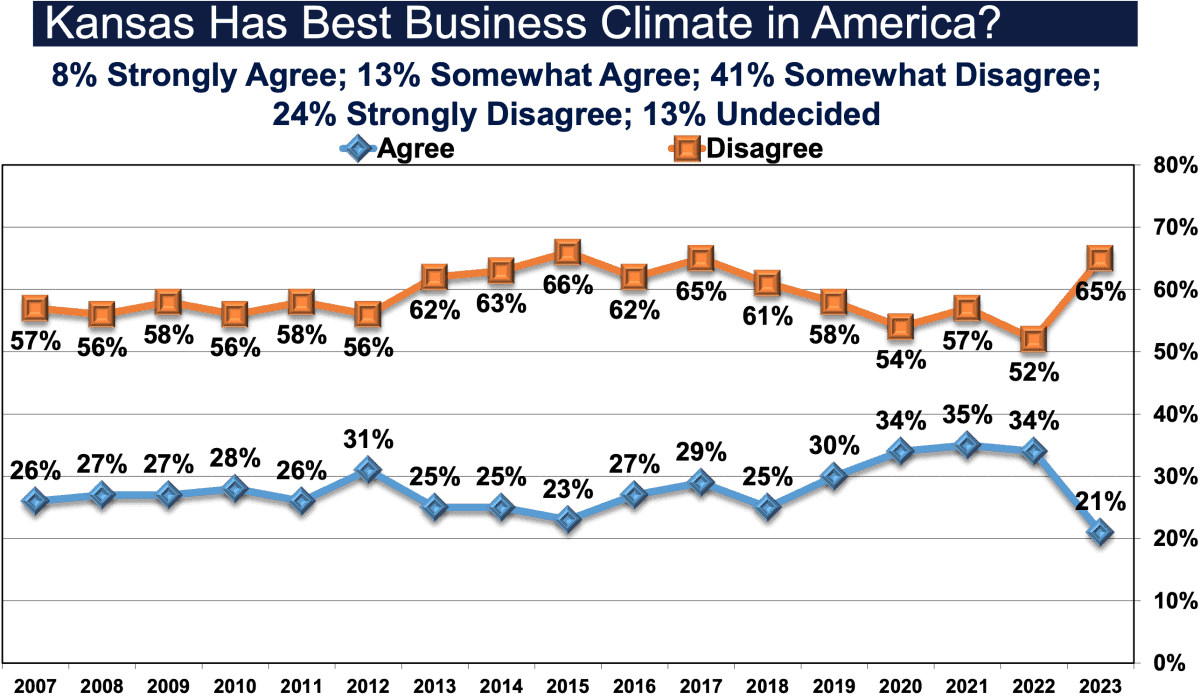
- 61% believe it is more important to improve student performance than to increase funding for schools, and only 29% say higher funding is more important. Nominal funding per student was $17,650 in the 2023 school year, and it exceeds $20,000 per student adjusted for the cost of living for comparison with other states.
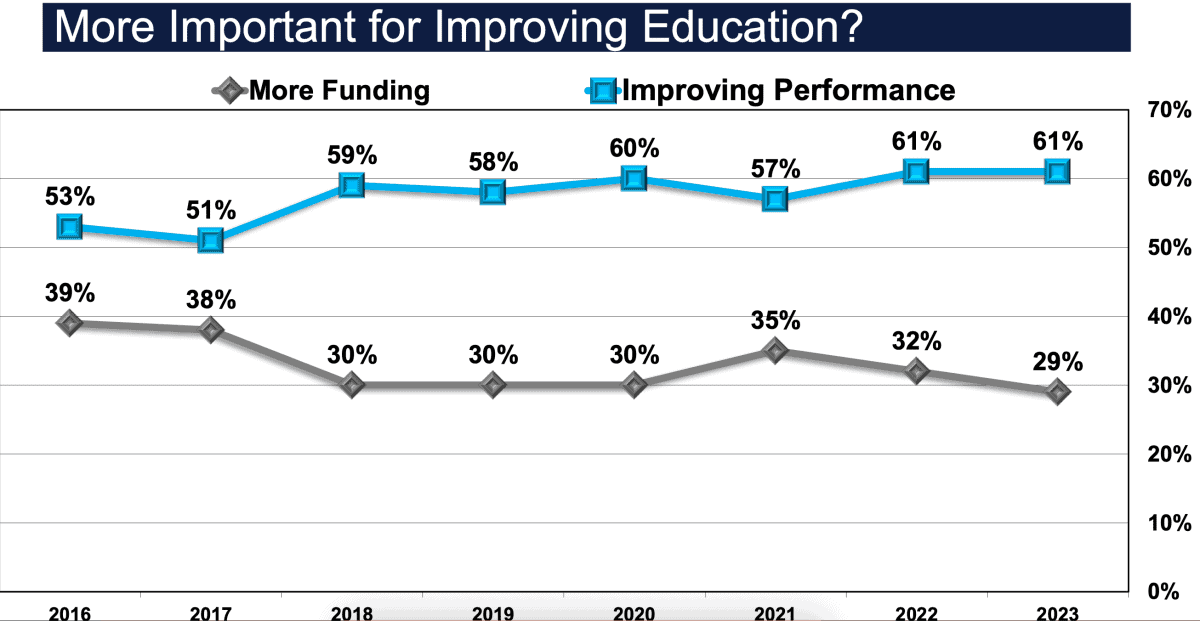
- 60% say the lack of soft skills is their greatest concern with the Kansas Workforce. In 2016, the Kansas State Board of Education de-emphasized academic preparation and put more emphasis on the development of soft skills with its “Kansans Can” program. Since then, student achievement has significantly declined, and there is no improvement in business leaders’ perception of the lack of soft skills.

Kansas Chamber President and CEO Alan Cobb reflected on the poll results:
“Kansas job creators are looking for leadership and solutions that will keep the cost of doing business low in our state so they can compete. It is our hope the governor and state lawmakers keep these poll findings in mind as they consider the many important decisions they will make during the 2024 legislative session.”
CHS President Pat McFerron says responses show that taxes are the “800-pound gorilla in the room”:
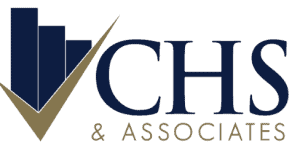
“When it comes to the profitability of a business, we found tax sensitivity is really trending up, with 70% now saying they pay too much in taxes – a ten percent increase from last year’s poll.
“Managing health care costs, reducing energy costs, decreasing regulations and mandates, and limiting the growth of government are all issues for business profitability that are in double-digits. Ultimately, however, these are all dwarfed by concerns about taxation.”
The Kansas Chamber will unveil its legislative agenda in January.

David Hicks – The Sentinel
David Hicks grew up in southern Missouri and graduated from Mizzou with a degree in political science. He has worked as a congressional staffer, broadcaster, government bureaucrat, columnist, campaign worker, and small business owner. He and his wife live in Bonner Springs.




